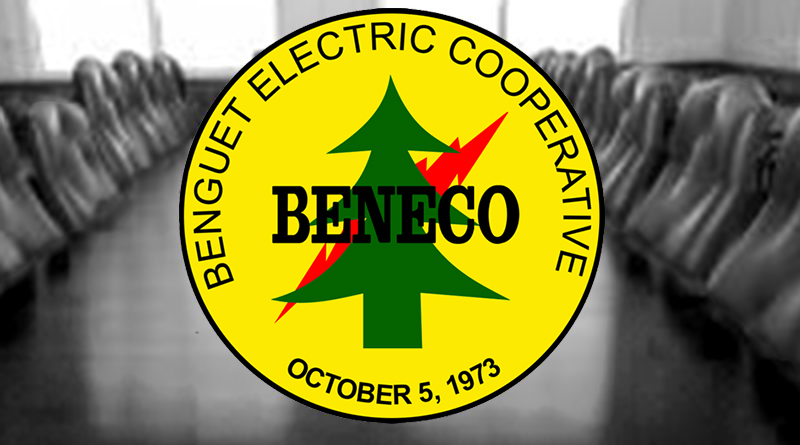LA TRINIDAD, Benguet – Arabica coffee production is confined mostly to the cool highlands of the Cordillera, particularly Benguet and Mountain Province. As the demand for Cordillera coffee increases, securing quality production without using harmful chemicals is a challenge to our local producers.
Arabica coffee growers and other stakeholders are then encouraged to use organic fertilizer on coffee seedling production. Formulated organic fertilizers aids in attaining strong seedling growth and profitable investments.
In relation to this, Emilia Dayap and Von Amado of Benguet State University conducted a study to determine the efficacy of solid and liquid formulated organic fertilizers on the growth of Arabica coffee seedlings as well as to find out the cost and return of using such fertilizers.
The study proved that organic fertilizers could certainly improve the growth of Arabica coffee seedlings. It assures greater resistance of seeds to pests and diseases as well as improves the quality of the crop to a more marketable value.
Formulated organic solid fertilizer (FOSF) was made using locally available materials such as coffee hull, alnus leaves, and pig manure. Moreover, formulated organic liquid fertilizer (FOLF) was prepared as a compost tea using sunflower, calliandra, and coffee pulp substrates.
FOSF was mixed with soil in pots where Arabica coffee seedlings were planted while FOLF was sprayed every 15 days to the coffee seedlings as a supplementary fertilizer.
More than 3,000 organically grown Arabica coffee seedlings could be produced for every 100 grams per pot of formulated organic solid fertilizers. Furthermore, the estimated expenses for Arabica coffee production could cost around Php44, 000 including the material cost, labor, land rent, and marketing cost. Additionally, Dayap stated that a selling price of Php20.00 per seedling could return half of the expenses which is around Php20, 000.
In conclusion, continuous use of FOSF and FOLF in organic Arabica coffee production would ensure worthwhile investments as well as provide toxic free Arabica coffee products. Furthermore, the practice of using organic fertilizers would help in sustaining soil moisture and environment conservation.
By Chamanei C.Elias














